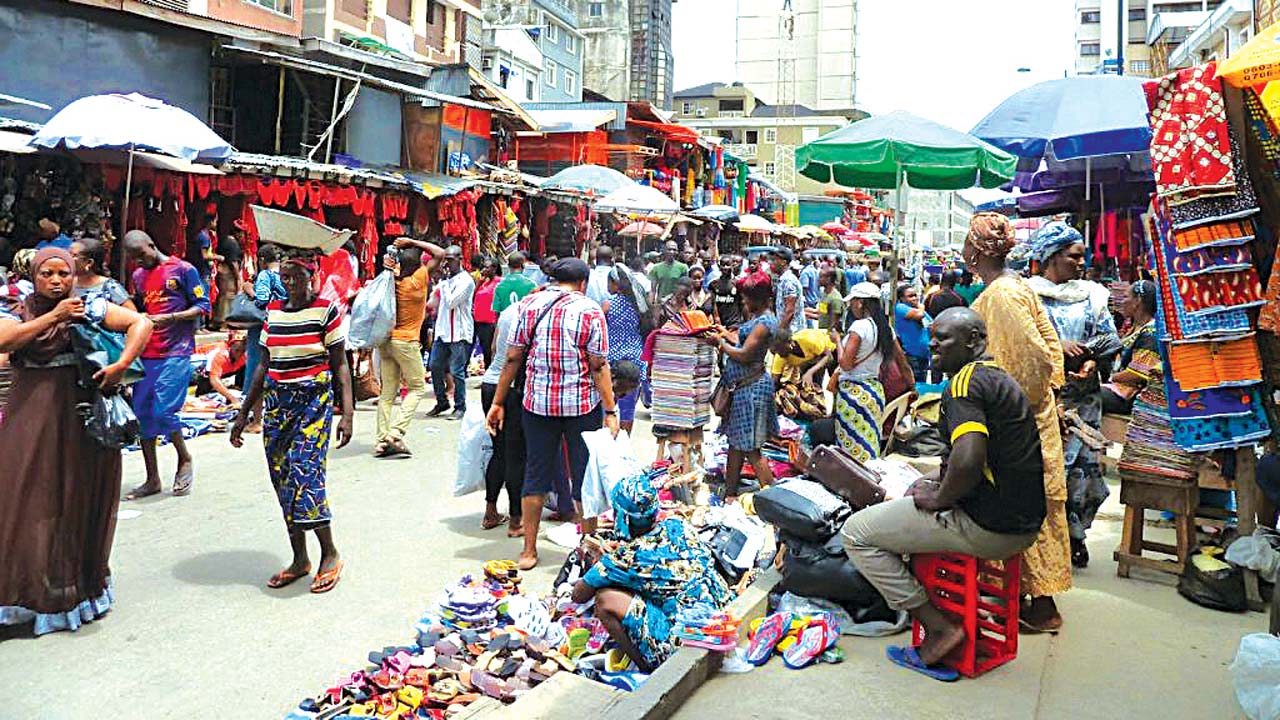The Nigerian Pidgin, also known as “Broken” or “Naija”, is a creole language that is based on the English language and is widely spoken amongst Nigerians, and parts of West Africa. Nigerian Pidgin has often served as a bridge language for Nigerians who speak different native dialects.
Although it has yet to be acknowledged as an official language in Nigeria (or any other African country where it is widely spoken), Nigerian pidgin is very common to hear in between the conversations of Nigerians.
According to numerous reports, over 7 million Nigerians speak Nigerian Pidgin English as their only language. Little wonder why the British Broadcasting Commission launched the BBC News Pidgin in 2017.
Who can speak Nigerian Pidgin English?
The most correct answer to this would be: “Everyone!” That is how commonplace the language is in our mouths. However, there are accounts of locales in Nigeria where the language is neither spoken nor understood. This is usually the case in those regions where there is no access to secular education, like very core northern parts of the country.
The history…
Nigerian Pidgin originated as a necessity to sustain trading between European merchants and their local African contemporaries during the scramble for Africa in the 17th and 18th centuries.
The Portuguese were the first Europeans to sail ashore in Nigeria and they set out to explore the coastal region of the area, which today is known as the Niger Delta region.
Several historical reports show that the Portuguese adventurers made a permanent settlement in Benin. This was the very beginning of the birthing of the Nigerian Pidgin.
Read this – Five most popular transit companies within the Southeast
Since the Portuguese and the occupants of the Niger Delta, the people of Benin to be precise didn’t have a common language, the need for parlance that will make communication possible arose. Thus, it is safe to say that Benin was the cradle of what we know today as the Nigerian Pidgin.
Portuguese connection
It is important to note that the Nigerian Pidgin started off as a Portuguese-based language. When the Portuguese felt that they had had enough of exploring Nigeria and left the region, the Nigerian Pidgin didn’t go with them.
It remained alive because the locals in Niger Delta at the time soon discovered that they equally needed some central language that would aid their communal living.
The Niger Delta is comprised of the following groups of people: Ijaw, Isoko, Edo, Efik, Ibibio, Annang, Itsekiri, Igbo, and several others, the Nigerian Pidgin continued to survive for these ethnicities to converse until the British came along. The coming of the British further evolved the Nigerian Pidgin, as it became based on English instead of Portuguese.
Nigerian additions
The Nigerian Pidgin hasn’t stopped evolving and has since become categorized into several dialectal varieties including the Warri, Benin, Sapele, Ajegunle, and Port Harcourt varieties. These varieties are from several ethnic groups who have made additions to the Nigerian Pidgin in such a fashion that it becomes firmly indigenous to them.
For instance, Yoruba people add the words “Sebi” and “Abi” when speaking the Nigeran Pidgin, giving it a distinct variation from its natural form. Another example is the addition of the word “Nna” by Igbos.
“Nna mehn, I don tire!” is a good example of an Igbo-dialectal pidgin. This is also the case with the addition of the Igbo word “unu” from which “una” is coined. For instance, “Una don mad!”
The Nigerian Pidgin inspires a sense of “Nigerianness”, a belonging to something you can call your own, which the normal English language, typically foreign to us, cannot afford. Plus its use in Nollywood, the existence of pidgin radio stations, pop songs in pidgin, pidgin content, etc, it is not hard to tell why the language thrives still in the lips of Nigerians.
One hundred years from now, we go still dey chop de language. Aswear.
Connect with us on Facebook
Written by Kelvin Alabi, Warri
Post Disclaimer
The opinions, beliefs and viewpoints expressed by the author and forum participants on this website do not necessarily reflect the opinions, beliefs and viewpoints of Anaedo Online or official policies of the Anaedo Online.

